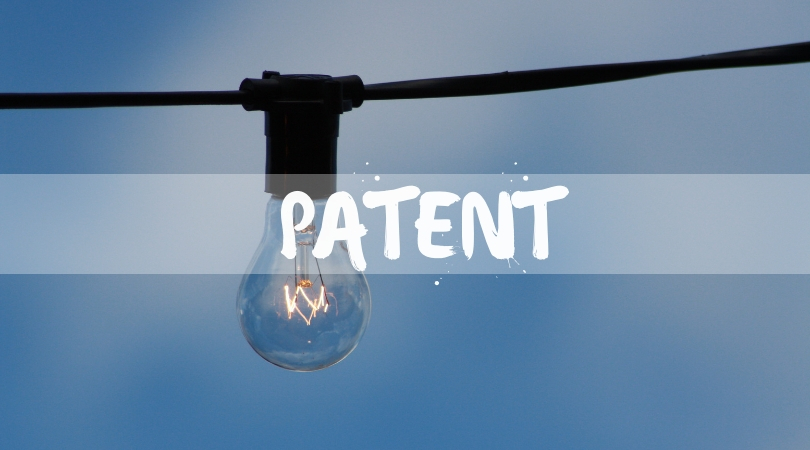You as inventor you’re probably a busy person! Inventors wear many hats, and trying to do everything at once is enough to make anyone weep! The best use of your time is creating inventions, not searching the patent databases.
Patent searches are an essential step in the product development and marketing cycle. A patent search should be conducted soon after an invention is conceived and before substantial resources are expended developing a finished product. The search process is an iterative process with feedback between the inventor and the searcher.
You need to protect all information about your invention. When you communicate with an attorney or a patent agency, like InventHelp, your confidentiality is inherent in the relationship. With anyone else, you risk improper exposure of your idea and losing your patent protection.
So you have an invention and you want to get a patent to protect it, right? You’ve looked around the retail stores in your area and you’ve searched the Internet and can’t find anyone selling something like your invention. In view of this, you’re ready to file an application to register your patent, right?

In conclusion,for all of these reasons, you will want to conduct a patent search before submitting your application to register your invention. If you don’t do a patent search before submitting your application, you run the risk of continuing to invest emotional and financial capital in your invention only to find out a year later after the Patent Examiner does his/her search that you are not entitled to get a patent.
You probably have already done some research on your own and believe you may have invented something “new, useful and non-obvious”—the requirement for obtaining a 20 year grant of exclusive rights to make, use and sell your invention in The United States.
Although a Patent Agent can write and file a patent application, Patent Agents cannot appear in Court, are not allowed to give any legal advice, and most importantly are not bound by the strict attorney-client confidentiality relationship. You can read more about patenting process from https://www.collegian.psu.edu/xpert_advice/article_1c0ae35e-1916-11e9-a355-13e0947b8cdc.html.